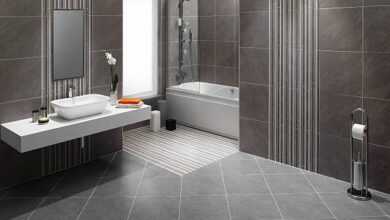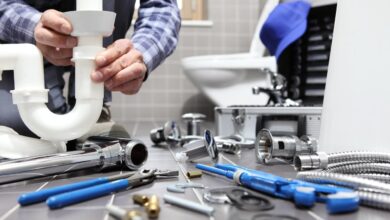Backup Power Is the Ultimate Investment for Your Home

When it comes to making your home both beautiful and resilient, backup power is one of the smartest investments you can make. In our modern world, where power outages can disrupt everything from your Netflix binge to essential home functions like refrigeration and security systems, having a reliable backup generator is key. A well-installed residential generator not only protects your home from unexpected outages but also adds a layer of comfort and convenience that’s hard to beat.
Why Backup Power Matters
Imagine coming home after a long day, only to find your entire neighborhood plunged into darkness. Without backup power, you’re left without air conditioning in a heat wave, without heating in the winter chill, or without the security systems that keep your home safe. A backup generator ensures that, no matter what the weather or grid issues throw your way, your home remains a safe haven.
Backup power is not just about comfort – it’s about safety and peace of mind. In emergencies, a backup generator can power critical appliances, keeping your refrigerator running to preserve food, and your lights on to maintain security. It also helps run essential medical equipment, ensuring that your family’s health is not compromised during power disruptions.
The Benefits of Residential Generators
Investing in a residential generator brings several key benefits:
Reliable Power Supply: A generator keeps your essential systems running during outages. Whether it’s during a storm, extreme heat, or winter chill, you won’t be left in the dark.
Enhanced Safety: With a generator, you reduce risks associated with sudden power loss, such as spoiled food or compromised security systems.
Increased Home Value: Modern homeowners and buyers value safety and reliability. A backup generator can be an attractive selling point.
Peace of Mind: Knowing that you have a dependable power source means you can relax, even during adverse weather or unexpected outages.
How Residential Generators Work
Residential generators, like those installed by Prairie Electric, work by converting fuel into electrical power. Typically powered by natural gas, propane, or diesel, these generators kick in automatically when the main power supply fails. A transfer switch detects the outage and safely switches your home’s electrical system to generator power. Once utility power is restored, the generator automatically shuts down, and the system resets.
This seamless transition ensures that you experience minimal interruption, keeping your home running smoothly even when the grid is down.
Choosing the Right Generator for Your Home
Selecting the best generator for your home depends on several factors, including the size of your home, the number of essential appliances you need to power, and your budget. A professional electrician will help you evaluate your power needs and choose a generator that fits your lifestyle. Here are a few tips to consider:
Determine Your Critical Loads: List the essential appliances and systems that need backup power such as refrigerators, HVAC systems, medical devices, and security systems. This will help you determine the capacity you need.
Consider Fuel Options: Residential generators typically run on natural gas, propane, or diesel. Natural gas is often the most convenient since many homes are already connected to a natural gas line.
Size Matters: A generator that is too small won’t power everything you need, while an oversized unit may lead to inefficiencies. Professional guidance ensures you get the perfect fit.
Installation and Maintenance: Proper installation is key to safe and efficient operation. Also consider ongoing maintenance to keep your system in top shape.
Real-World Benefits of Having a Generator
Consider the peace of mind that comes with knowing your home will never be left without power during an emergency. A backup generator can mean the difference between losing precious food and having everything remain just as you left it. For families with young children, the elderly, or those with medical needs, this security is invaluable. In addition, having backup power can prevent costly damages that occur when essential systems like HVAC or sump pumps fail during a storm.
Environmental Considerations
Switching to a backup generator can also align with your green energy goals. Many modern generators are designed to be energy efficient and can be integrated with renewable energy systems like solar panels. By choosing a generator that complements your eco-friendly efforts, you reduce your carbon footprint while ensuring your home remains powered.
Embrace the future of home security and efficiency and make backup power the ultimate investment for your home.




